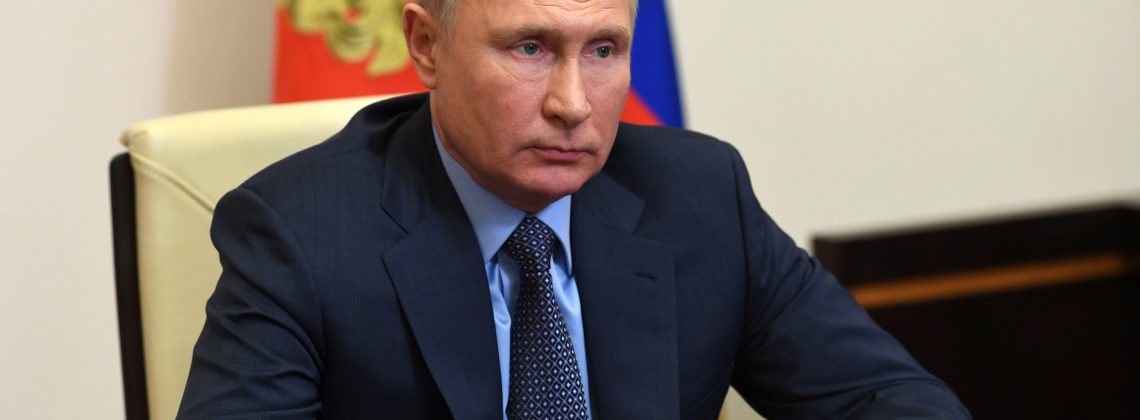

The events of the past few weeks in Russia—from the stunningly bold assassination of Putin’s opponent Alexei Navalny, to the mass arrests of those who had mourned in his funeral, to now the powerful exhortation of Yulia Navalnaya, Navalny’s widow, that people boycott or disrupt the March 17th elections—all show that things are unwell in Russia.
Indeed, Putin’s behavior over the past two years, some observers had noted, has been erratic. Both the invasion of Ukraine and the crackdown on political opposition now—including mass arrests of regular people—seem more extreme than what he had done before. No wonder that even people who have lived their entire lives in the region, like Ukrainian writer Andrey Kurkov, could write of their shock, their inability to believe that the invasion truly was happening, and that the war would take the course that it has. And then there have been the rumors of Putin’s illness last year, possibly a heart attack—debunked, right alongside the claim that the Russian President uses a body-double at times.
Fine. Let’s say that Vladimir Putin is in perfect health and in complete possession of his faculties at the moment. And let’s say that the stepping up of the regime of terror is simply his present modus operandi, an insecurity that has increased a bit over the past few years, even as he approaches the quarter-century mark in absolute power. The question we must still ask is: what’s next for Russia?
Born in 1952, Putin is seventy-one years old. Even if he is in the best of health right now, human bodies being what they are, things might look different in a decade. Besides, being a tyrant is stressful business. Indeed, photos of U.S. presidents before and after their time in office invariably show men who look like they have aged much, much more than four or eight years.
In his novel The Aviator, Russian writer Eugene Vodolazkin tells of a fictional project that another tyrant, Joseph Stalin, had enthusiastically endorsed: in a top-secret experimental facility at the Solovetsky Islands in the 1920s, scientists experimented on prisoners to discover a way to freeze people, thereby cryogenically preserving their bodies for the future. What if someone deathly ill could be thus preserved, to be successfully defrosted decades later, then to live a new life taking advantage of advances in medical technology?
It seems fitting that such a vision would appeal to a man like Stalin. If such a technology were remotely possible today, it would surely appeal to Putin no less. But it isn’t available. The one enemy he will not be able to defeat, maim, defenestrate, poison, send on a deadly walk outside, is death. Just like every other human being ever born, Putin too will surely die.
And so, perhaps it will be another decade or longer, but at some point in the not-so-distant future, Putin will become incapacitated. That is, assuming that he is not removed from power by a coup before then. So what will happen then? Perhaps this is the question that we should be worried about more than we are.
At this point, Russia is over a century removed from Lenin and his reign of terror. But before Lenin, there were the Tsars, who were not exactly gentle on the people. For Russian citizens of any modern period, there has been no real experience of democracy, aside from a slight pretense at democratic elections in the 1990s, even as the country was falling apart financially, and no one knew what was going on.
People who have known nothing but fear and terror are the easiest to threaten, overwhelm, and rule with an iron fist. This is a country ripe for another dictator–for it has known nothing else. The story of the invasion of Ukraine, furthermore, shows how easily many Russians have been wholly relieved of all trace of conscience, as they regularly commit horrific atrocities on a scale most outsiders cannot even fathom.
I worry that there is yet more of the same to come after Putin.